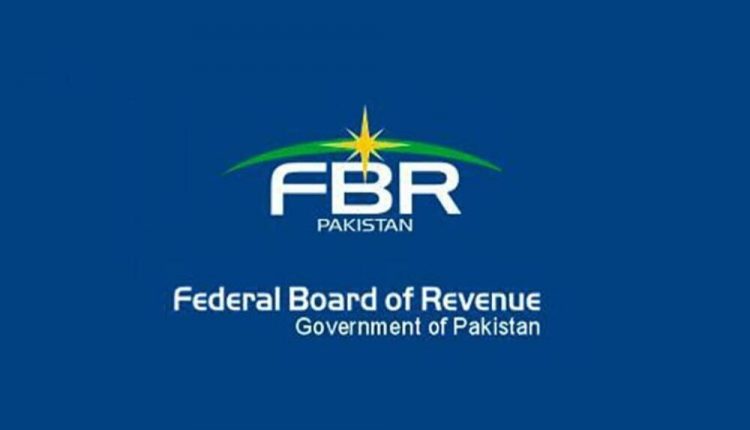New Tax Regime: FBR Imposes Significant Taxes on Non-Filers, Here’s a Comprehensive Overview

The Federal Board of Revenue (FBR) has recently implemented a revised tax structure for the fiscal year 2023-2024, differentiating between individuals who diligently file their taxes and those who do not. This move aims to encourage tax compliance and ensure a fair and equitable tax system in the country. The FBR’s notification outlines varying tax rates for different types of transactions and sources of income, shedding light on the impact it will have on taxpayers.
One notable change pertains to prize bonds, where filers will now face a tax rate of 15%. However, non-filers will be subjected to a significantly higher tax rate of 30%. This difference aims to incentivize individuals to become regular tax filers and contribute to the country’s revenue.
Similarly, the income tax rate on savings account profits has been revised for filers. It has increased to 15%, compared to the previous rate of 10% in the current fiscal year. Conversely, non-filers will face a higher tax rate of 30% on their savings account profits. This adjustment intends to promote tax compliance among individuals who benefit from savings accounts.
When it comes to rental income, filers will encounter a tax rate ranging from 5% to 15%, depending on the income bracket. On the other hand, non-filers will be subjected to a flat tax rate of 10% to 15% on their rental income. This measure ensures that individuals who earn rental income contribute their fair share to the national treasury.
The revised tax structure also encompasses other areas such as bonus shares, property auctions, motor vehicle leasing, banking transactions, and international transactions. Each category has its own set of tax rates for filers and non-filers, emphasizing the importance of understanding and adhering to these tax obligations.
By imposing higher taxes on non-filers, the FBR aims to encourage individuals to become part of the tax net and fulfill their civic duty. It is crucial for taxpayers to be aware of these revised tax rates and ensure compliance to avoid any legal repercussions. This initiative is expected to contribute to the overall economic development of the country by increasing tax revenues and fostering a culture of tax transparency and accountability.
